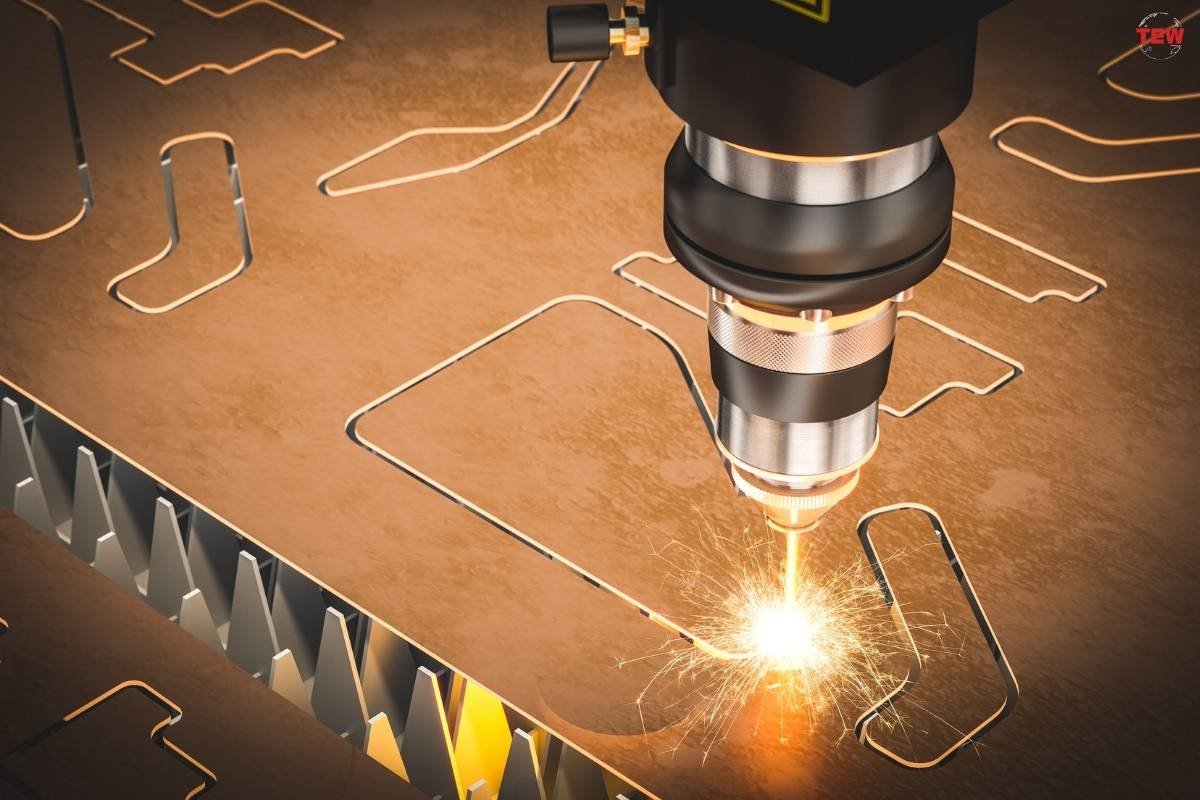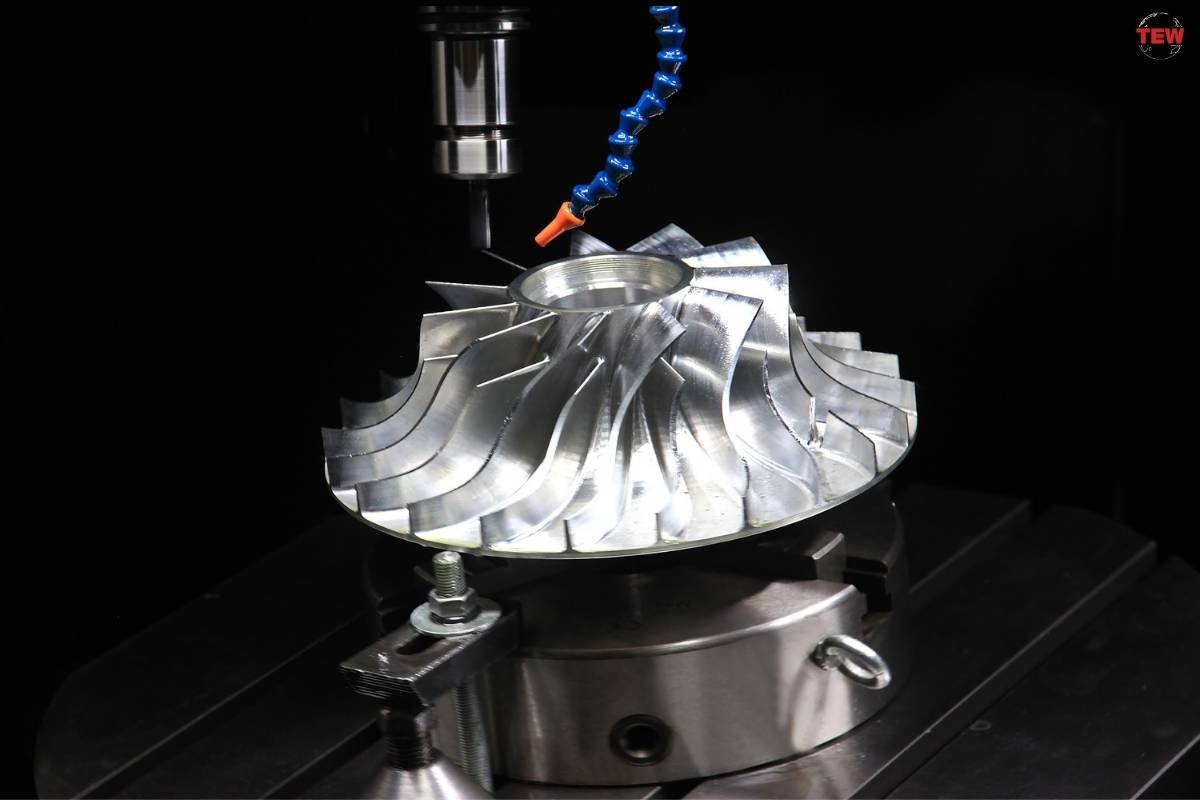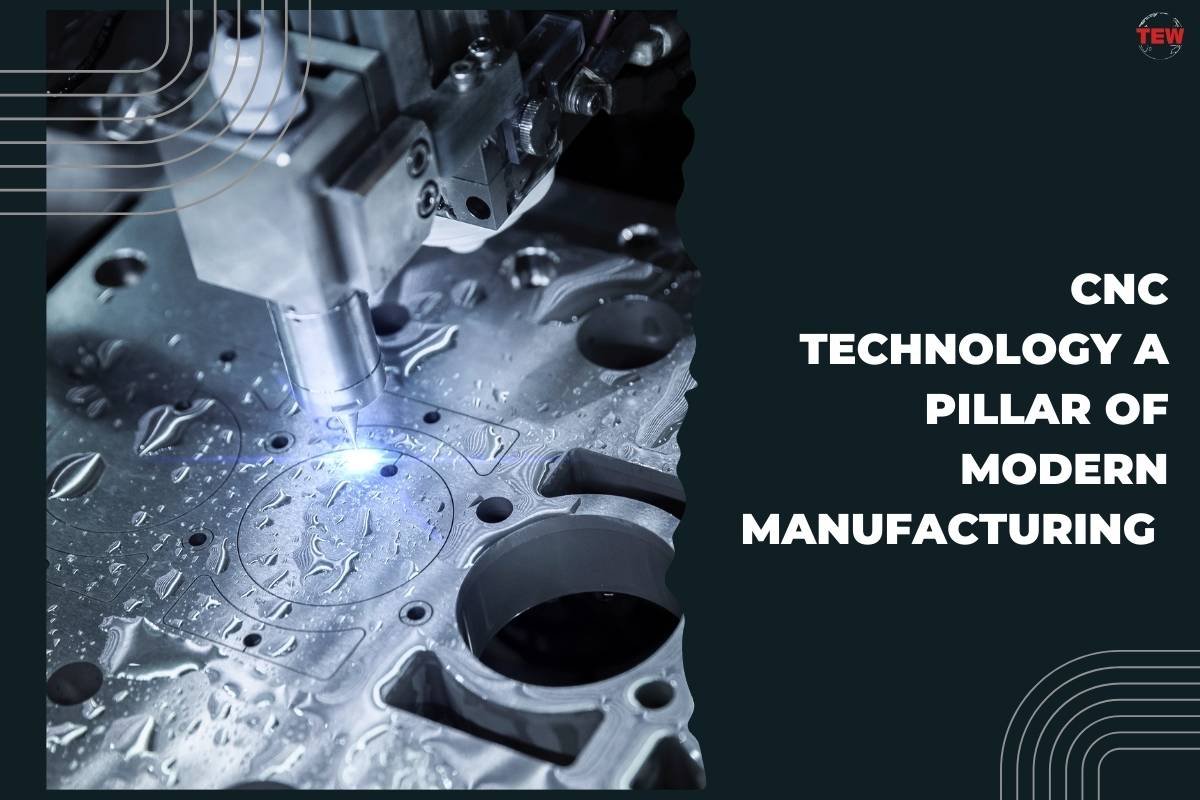Computer Numerical Control (CNC) technology has become a cornerstone in modern manufacturing, offering unparalleled precision, efficiency, and versatility. CNC machines, controlled by meticulously programmed software, have transformed the way products are fabricated and designed. This article delves into the role of CNC in manufacturing, exploring its applications, benefits, and the impact it has on the industry.
The Rise of CNC in Manufacturing
CNC technology emerged in the post-World War II era, evolving from the numerical control (NC) machines of the 1940s and 1950s. These early machines were rudimentary, relying on punched tape to control machine tools. The advent of computers brought a significant transformation, leading to the development of CNC machines that could be programmed with greater ease and precision.

Today, CNC machines are integral to manufacturing processes across various industries. They are used to control a range of machines, including lathes, mills, routers, and grinders. These machines can perform intricate cutting, drilling, shaping, and milling tasks on a wide variety of materials, including metals, plastics, wood, and composites.
Applications of CNC Technology
1. Precision Component Fabrication
One of the primary applications of CNC is in the fabrication of precision components. Industries such as aerospace, automotive, and medical rely on CNC machines to produce parts with strict tolerance requirements. The precision offered by CNC machines ensures that components meet exact specifications, crucial in applications where even a small error can have significant consequences.
2. Complex Designs and Customization

CNC technology shines in creating complex and custom designs. The flexibility and precision of CNC machines allow manufacturers to produce custom parts and intricate designs that would be difficult or impossible to achieve with manual processes. This capability is particularly valuable in industries like aerospace and automotive, where customized components are often required.
3. Prototyping and Product Development
CNC machines play a vital role in prototyping and product development. They allow designers and engineers to quickly create prototypes and test them, accelerating the development process. This rapid prototyping capability is essential in today’s fast-paced market, enabling companies to bring new products to market more quickly.
Advantages of CNC in Manufacturing
1. Enhanced Efficiency and Productivity
CNC machines significantly boost efficiency and productivity. Once programmed, they can operate autonomously, producing large volumes of parts with minimal human intervention. This automation reduces the time and labor involved in production, leading to increased output and lower costs.
2. Improved Quality and Consistency
The precision of CNC machines ensures high-quality and consistent results. Unlike manual processes, which can be prone to human error, CNC machines follow the programmed instructions precisely, ensuring that each part is produced with the same level of accuracy.
3. Flexibility and Scalability
CNC technology offers great flexibility in manufacturing. The same equipment can be used to produce a wide range of parts, making it easy to switch between different production jobs. This flexibility is crucial for companies that need to adapt quickly to changing market demands or customer requirements.
Reduced Waste and Environmental Impact
CNC machines contribute to sustainable manufacturing practices by reducing waste. Their precision minimizes material excess and scrap, promoting efficient use of resources. This not only lowers material costs but also reduces the environmental impact of manufacturing processes.
The Future of CNC in Manufacturing
1. Integration with Advanced Technologies
The future of CNC in manufacturing is closely linked with advancements in technology. Integration with systems like CAD (Computer-Aided Design) and CAM (Computer-Aided Manufacturing) software has already enhanced the capabilities of CNC machines. Future developments may include greater integration with AI and IoT, further automating and optimizing manufacturing processes.
2. Customization and Personalization

As the market trend shifts towards customization and personalization, CNC technology is expected to play a crucial role. The ability of CNC machines to easily switch between different designs and specifications makes them ideal for producing customized products.
3. Sustainability and Eco-Friendly Manufacturing
The drive towards sustainability will continue to influence the development of CNC technology. More energy-efficient machines, along with continued improvements in material utilization and waste reduction, will contribute to more environmentally friendly manufacturing practices.
Conclusion
CNC technology has fundamentally transformed the manufacturing landscape, offering a blend of precision, efficiency, and flexibility that manual processes cannot match. Its applications span a diverse range of industries, contributing to advancements in product design, quality, and production efficiency. As technology continues to evolve, CNC machines will remain at the forefront of manufacturing innovation, adapting to and shaping the future of the industry. The ongoing development of CNC technology promises to further enhance its capabilities, solidifying its role as a vital component of modern manufacturing.




